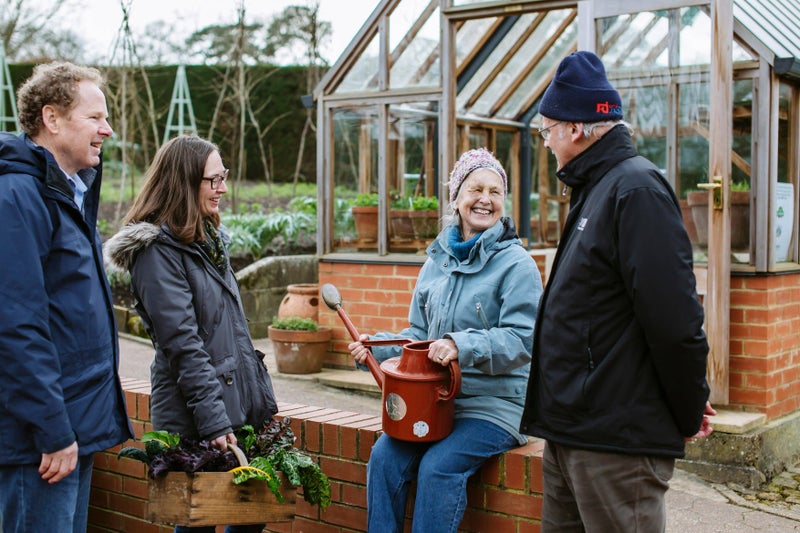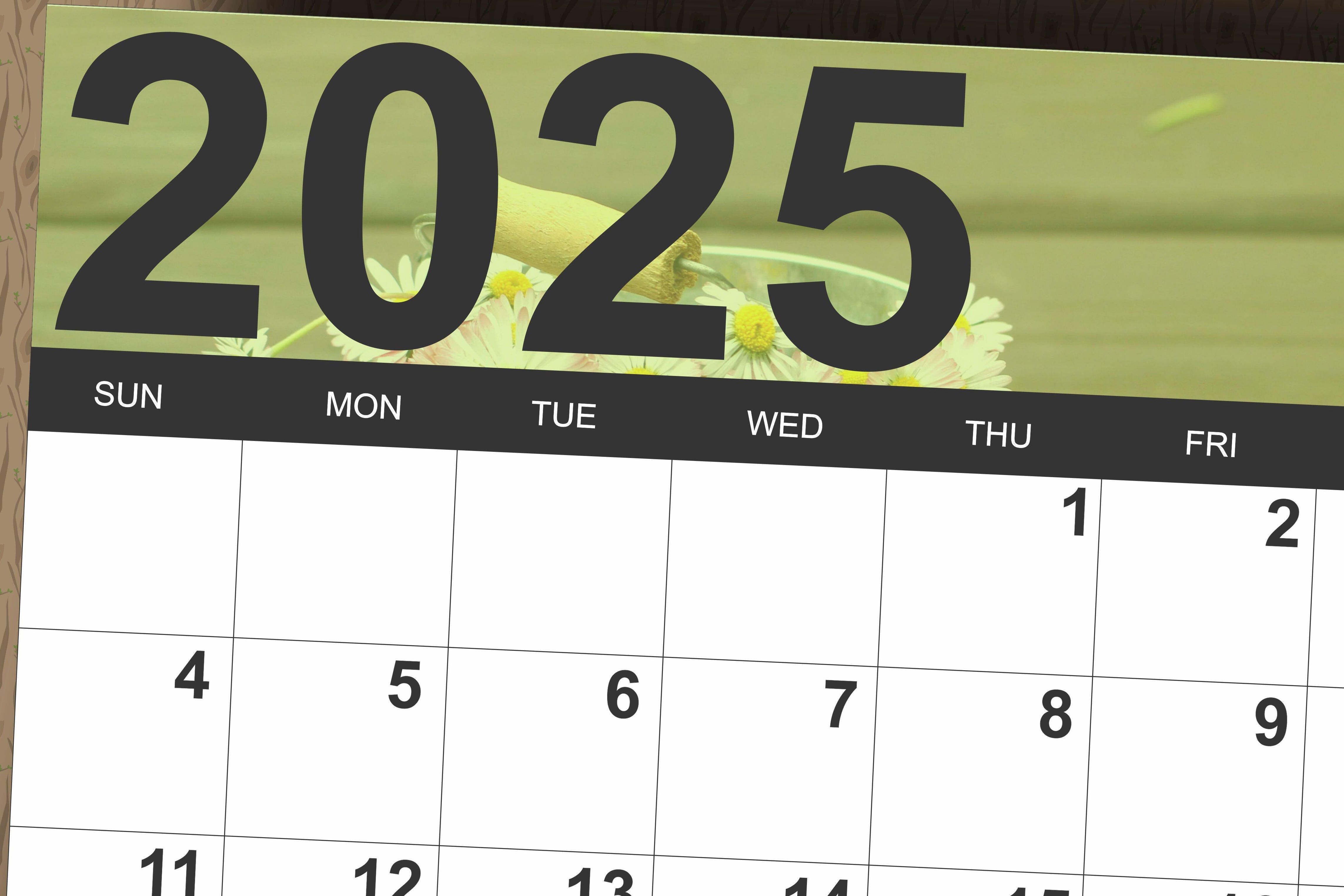The spotlight is now on community gardening, with the launch of the RHS’s biggest ever community gardening survey, which aims to provide a clear picture of who takes part and why, along with its reach and impact. The charity is seeking input from groups or individuals involved in gardening outside of private and commercial gardens, and the results will contribute to a bigger report on gardening in the UK that will publish in October, in the hope that the findings will help the RHS and other organisations better support community gardeners in future.
Whether it’s a simple allotment or a project to brighten up the neighbourhood with colourful flowers and get the kids involved, community gardens can provide a place to relax, engage with nature, get active outdoors and give people purpose and social stimulation, says RHS community development officer Claire Drury.
“Community gardens transcend every demographic group. It’s one of those things everyone can do. It will improve your wellbeing. You will learn new things. It will improve your local environment. You’ll get to know new people.”. But where do you start?.
Find your people. If you live in social housing, your housing provider will probably bring people together. Alternatively there might be a tenants’ or residents’ association, or a neighbourhood watch group, Drury suggests. You could post flyers or even knock on your neighbour’s door to drum up interest.






















